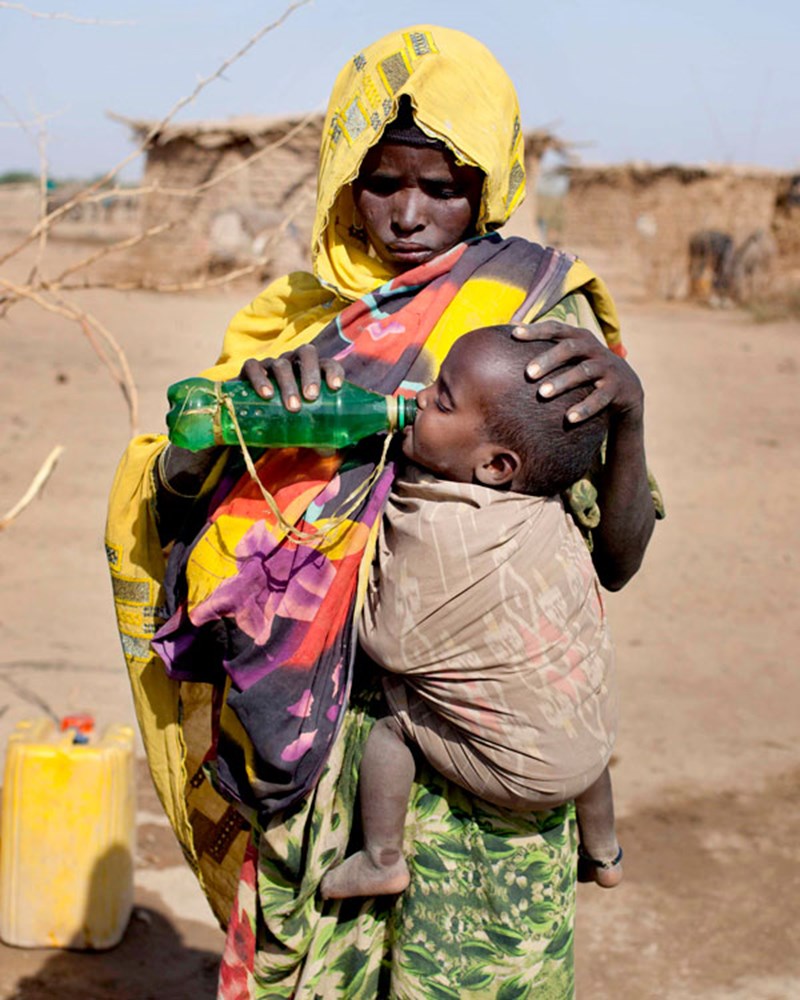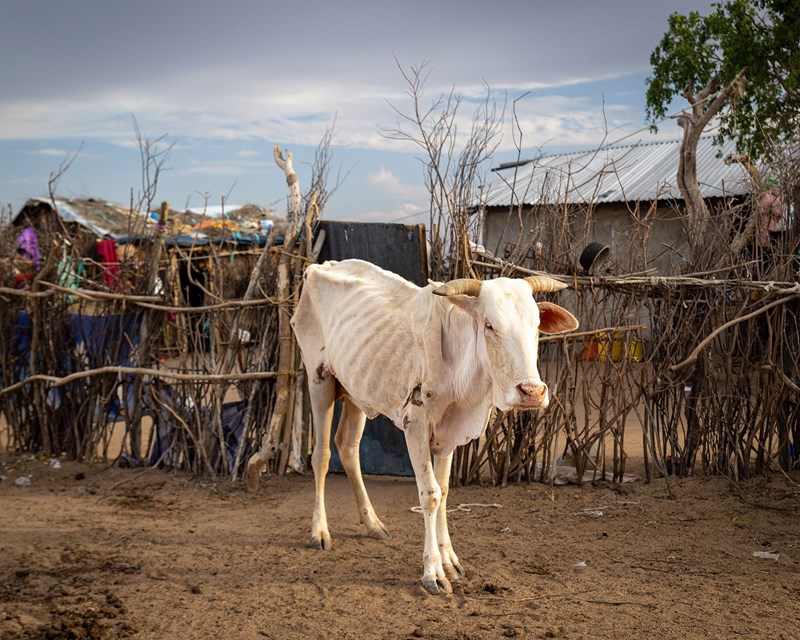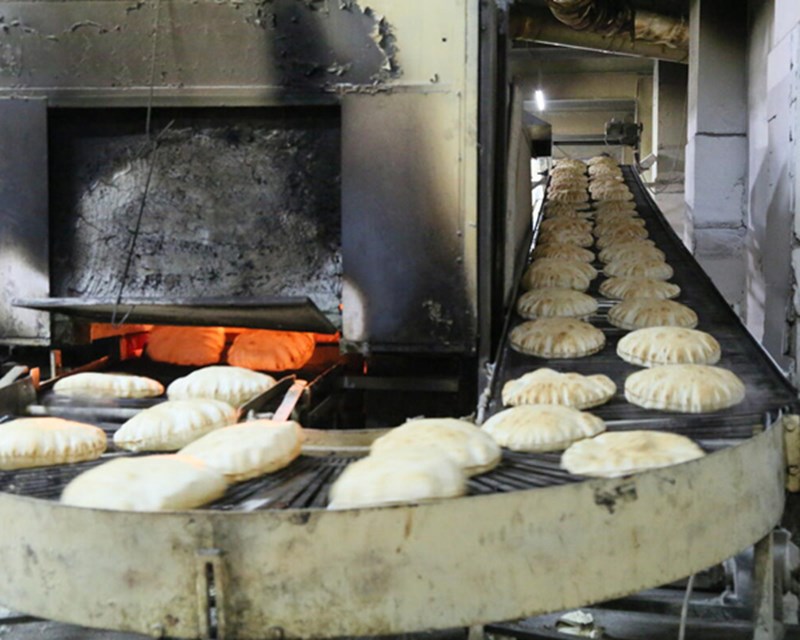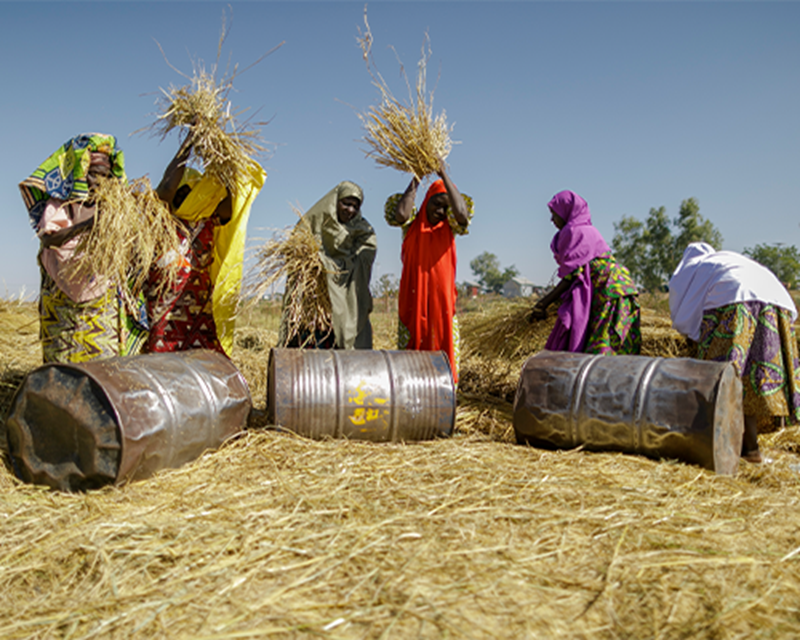The clock is ticking. The world stands at a critical juncture in the fight against climate change. The food we eat not only contributes to climate change, but if urgent action is not taken, its supply will be severely affected by the impact of rising temperatures and changing weather patterns.
Later this year, global leaders and stakeholders will meet at the United Nations Climate Change Conference (COP28) to deliberate on the urgent actions required to address the looming effects climate change will have on both people and planet. Food system reform must be central to these discussions.
Climate change and the global food system are intimately intertwined. The consequence of this close bond poses a huge threat to millions of people, but disproportionately affects women in the low- and middle-income countries, and those living in poverty and suffering from hunger and malnutrition.
Our global food system is a significant contributor (more than a third) of greenhouse gas emissions, deforestation, and biodiversity loss. Simultaneously, climate change adversely affects agriculture. Extreme weather events, changing in growing seasons, and unpredictable precipitation patterns threaten food production and food security for millions worldwide. It is a vicious cycle.
Climate change and malnutrition are, in a sense, two sides of the same coin. It is predicted that if we fail to prevent the effects of climate change, by 2050, the risk of hunger and malnutrition could rise by 20 percent. Undernutrition is already an underlying factor in 45 percent of deaths in children under the age of five. Climate change will only make this number rise.
To mitigate climate change and ensure a sustainable future, it is crucial to reform the food system. This reform should encompass sustainable agricultural practices, reduction of food waste, conservation of biodiversity, and equitable access to nutritious food.





